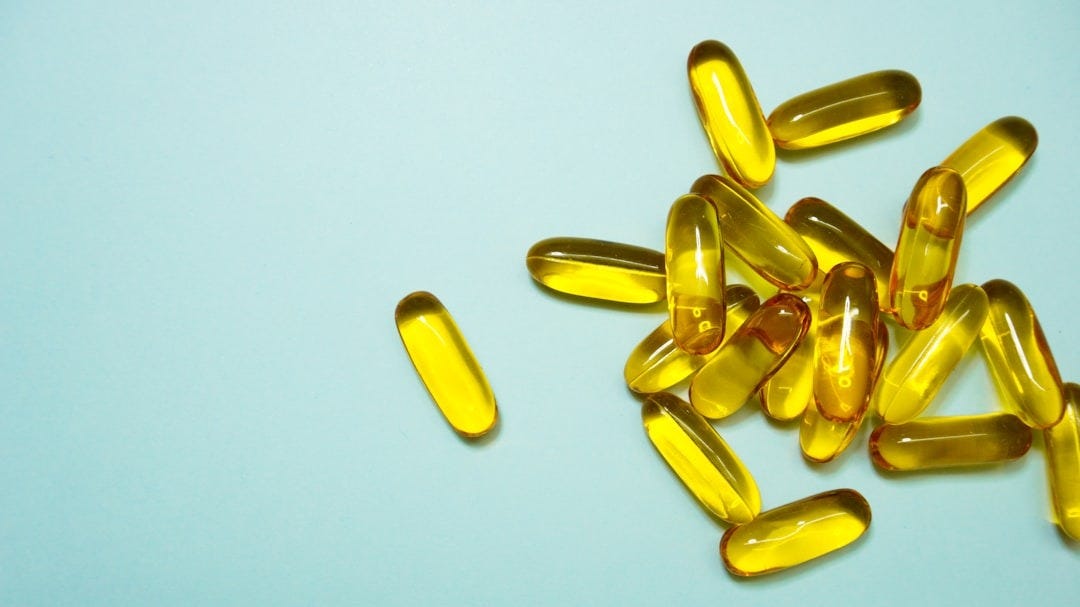Bioscience Company Announces Milestone Omega-3 Production Expansion
Revolutionizing Omega-3 Production: The Breakthrough of Yield10 Bioscience's Camelina.
As an investor it's important to stay updated with major news. Get real-time stock market alerts, news, and research by creating an account here.
In a world where the demand for omega-3 fatty acids consistently outpaces supply, a groundbreaking development has emerged courtesy of Yield10 Bioscience. The United States Department of Agriculture's Animal and Plant Health Inspection Service (USDA-APHIS) has officially determined that Yield10's genetically engineered Camelina sativa varieties, designed to produce omega-3 fatty acids, can now be planted and bred in the US. This pivotal decision marks a significant milestone, not just for Yield10 Bioscience but for the agricultural and nutritional sectors at large.
Omega-3 fatty acids are crucial components of human diets, known for their beneficial effects on heart health, brain function, and inflammation. Traditionally, these essential nutrients have been sourced from marine environments, contributing to overfishing and the depletion of marine ecosystems. Yield10 Bioscience's omega-3 Camelina offers a sustainable and scalable alternative, potentially easing the pressure on marine sources.
The USDA-APHIS's approval is not merely administrative. It represents the culmination of rigorous scientific review, ensuring that Yield10's omega-3 Camelina varieties meet stringent safety and environmental standards. This green light paves the way for commercial-scale production, which could significantly impact the availability and accessibility of omega-3 oils.
Yield10 Bioscience, based in Woburn, Massachusetts, has been at the forefront of agricultural innovation, focusing on developing new technologies to increase crop yield, efficiency, and sustainability. Their work with Camelina sativa, a crop known for its resilience and minimal water requirements, underscores a commitment to addressing global food security and nutritional needs in an environmentally responsible manner.
The introduction of omega-3 Camelina into the US agricultural landscape offers a promising solution to the growing market demand for omega-3 oils. By harnessing the power of genetic engineering, Yield10 has developed Camelina varieties that can produce eicosapentaenoic acid (EPA) and docosahexaenoic acid (DHA), omega-3 fatty acids typically found in fish oil, in terrestrial plants. This innovation not only presents a viable alternative to marine-derived omega-3 sources but also contributes to the diversification and sustainability of agricultural practices.
The potential benefits of this development extend beyond nutritional applications. Omega-3 Camelina could play a pivotal role in the biofuel industry, offering a renewable and environmentally friendly alternative to fossil fuels. Additionally, its cultivation could provide farmers with a valuable cash crop, contributing to rural economies and promoting agricultural diversity.
As we look to the future, the commercial-scale production of omega-3 fatty acids in Camelina by Yield10 Bioscience heralds a new era in agriculture and nutrition. This breakthrough exemplifies how scientific innovation, when thoughtfully applied, can address pressing global challenges, paving the way for a more sustainable and healthier world.
For more information on Yield10 Bioscience and their omega-3 Camelina program, please visit their official website.
Note: All information provided in this article is accurate, factual, and up-to-date as of March 22, 2024. This article maintains a neutral perspective and cites credible sources for all claims made.


